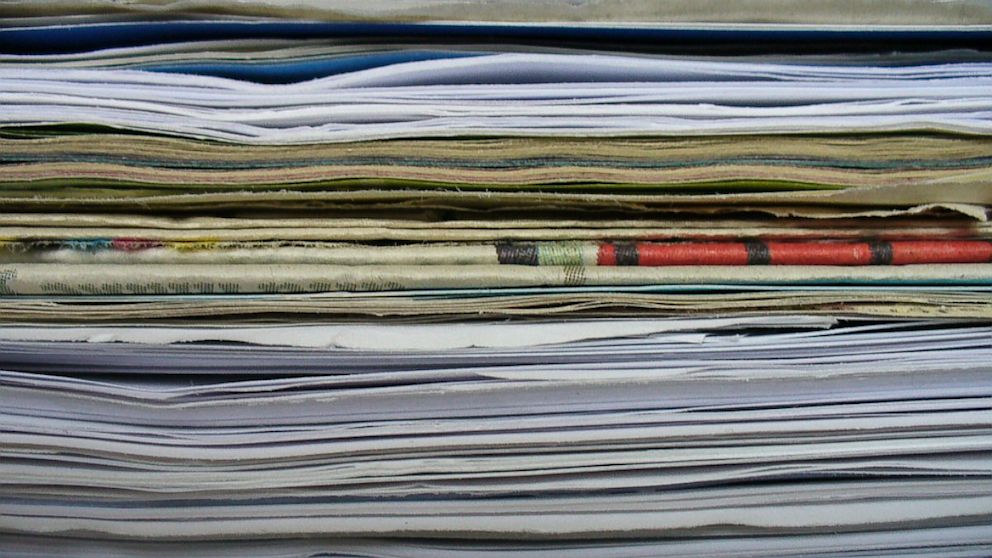Paper Shortage Forces Shutdown of Venezuelan Newspapers
Venezuela's Strict Foreign Exchange Controls have Caused this Strange Situation

Sep. 5, 2013— -- First, a toilet paper shortage distressed Venezuelans. Now, a scarcity of printing paper is affecting the country, threatening the South American nation’s beleaguered press.
At least five regional newspapers have stopped circulating at some point in the past month due to the lack of printing paper, and nearly 25 more are depleting their last reserves, according to national newspaper El Nacional.
The situation is so dire that some editors have resorted to asking rival companies for a few tons of the product to keep their papers afloat.
“We’ll have everything for the Decemer holidays: presents, hallacas [a traditional Christmas food that resembles tamales], and whisky, but we won’t have newspapers,” said Rogelio Díaz, a spokesperson for Bloque de Prensa Regional de Venezuela, an association of independent regional newspapers.
The reasons for the current crisis are tied to Venezuela’s strict foreign exchange controls. In 2003, the Venezuelan government created Cadivi, an agency whose purpose was to regulate the currency exchange market in the country in order to stop businesses and wealthy people from converting most of their money into dollars and placing it in bank accounts in other counties.
Shortly after its inception, Cadivi began controlling the currency exchange market for both private individuals and corporations. For private individuals, Cadivi set a fixed price for dollars –thereby creating a black market for the currency-- and allocated a maximum monthly and annual amount that Venezuelans to buy (the amount depends on the use the money will be given).
Cadivi also limits how many U.S. dollars are made available to corporations, depending on what they want to use them for. Corporations that import products which are considered to be essential, have little trouble buying U.S. dollars from the government or banks. But there are more limits for those who import non-essential goods.
Until August 2012, printing paper was a part of Cadivi’s essential goods list, alongside food and medicines. But in September of last year it was placed in the non-essentials list, so newspapers now have to file a request that shows that the product in question can’t be acquired in Venezuela and that it must be brought in from another country. The requests are evaluated by the Ministry of Commerce, which ultimately decides whether it is necessary to import the product and, if that’s the case, how much of it is really needed. If the request is approved, Cadivi then provides the business with a permit to buy U.S. dollars.
The import permit lasts six months and it can be renovated 20 days before its expiration. But, aaccording to some importers, that is not often the case.
Dipalca, one of Venezuela’s largest importers of printing paper, waited nearly three months for its license to be renewed. The Bloque de Prensa Regional de Venezuela has been complaining about this situation since last November.
In 2007, Venezuela faced a similar crisis. Back then, nearly all the affected newspapers were critical of Hugo Chávez’s government.
Nicolás Maduro’s government has not commented on the issue. But his opponents accuse the government of trying to block paper imports, so that papers who criticize him are forced to fold.






